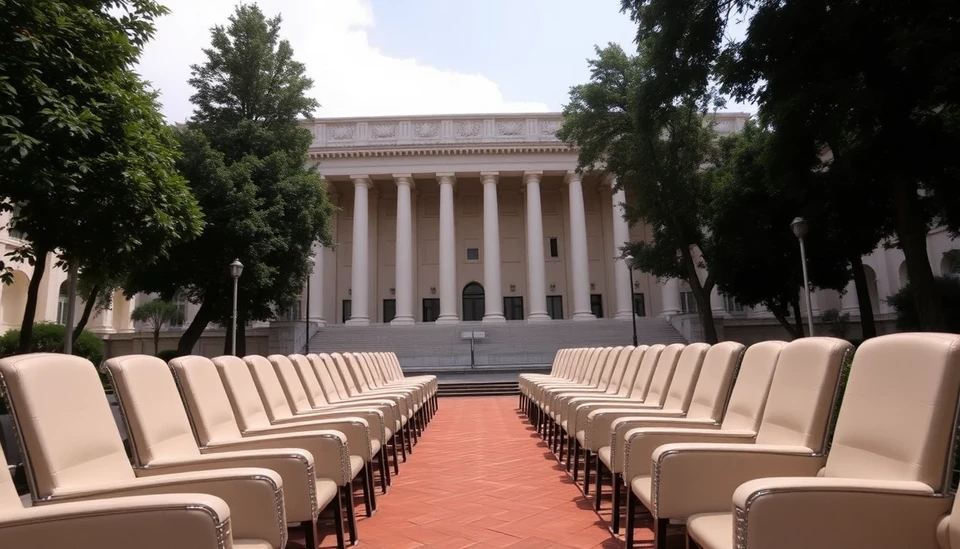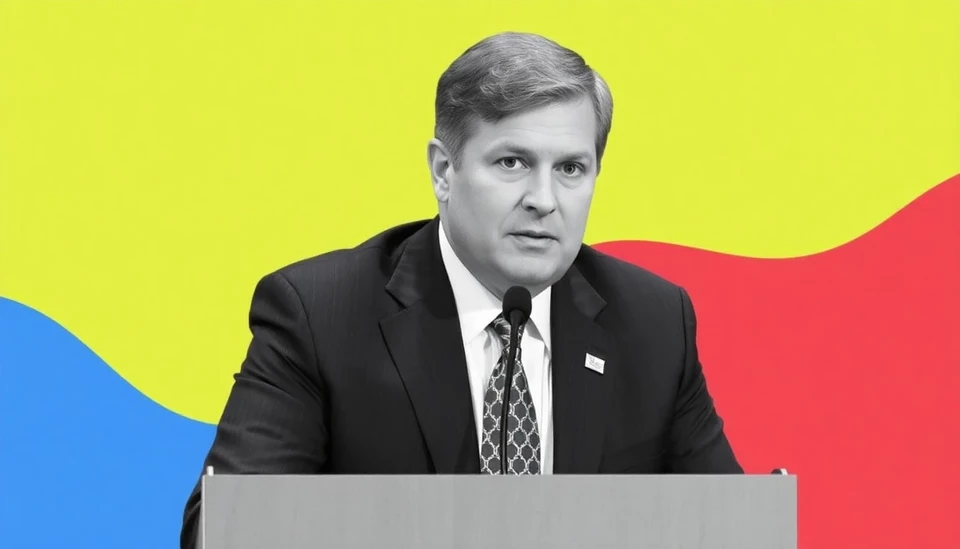
In a significant development for Argentina's economic landscape, the International Monetary Fund (IMF) convened once more to discuss the complex and contentious details of the nation’s financial obligations. This meeting comes in the wake of ongoing negotiations concerning an upfront payment that has proven divisive among key stakeholders.
Argentina has been undergoing a tumultuous economic period, characterized by soaring inflation rates and considerable debt. The nation is under pressure to stabilize its economy, which has prompted recurring discussions with the IMF. The most recent negotiation circled around the terms of a new lending program and the conditions attached to it. The proposed upfront payment model, favored by some IMF officials, was not universally accepted and led to an intense debate among member states during the meetup.
Critics of the upfront payment assert that such demands place undue strain on Argentina’s fragile economic situation, potentially pushing the country further into financial distress. Advocates, however, argue that these payments could act as a catalyst for restoring fiscal discipline and improving the country’s standing with international creditors.
During the meeting, officials from both the IMF and the Argentine government presented their perspectives. The Argentine delegation emphasized the critical need for flexibility in payment terms, arguing that immediate and rigorous payment schedules would only exacerbate the country’s existing economic woes. Meanwhile, IMF representatives highlighted the importance of adhering to a structured payment plan to ensure accountability and long-term stability.
This latest assembly also touched upon broader economic strategies that Argentina could adopt to foster growth. Discussions included potential reforms in various sectors and measures to enhance tax revenues, which are crucial for any long-term repayment strategy. Nevertheless, the tension surrounding the upfront payment continues to loom large, indicating that the road ahead will require careful navigation.
As the dialogue progresses, all eyes remain on Argentina's ability to meet its obligations while striving to pull its economy from the brink. The outcome of these negotiations is vital not only for Argentina but also for the stability of the entire region, making this a pivotal moment in their economic journey.
With uncertainty still clouding the future, the IMF and Argentina are at a crossroads, needing to find a balance that satisfies both the need for immediate action and the necessity for economic sustainability. The results of these negotiations could have lasting implications for both the IMF’s lending policies and Argentina’s economic recovery efforts.
As updates continue to unfold, stakeholders are bracing for potential shifts in strategy that could redefine the dynamics of Argentina's relationship with the IMF and impact its economic trajectory for years to come.
#Argentina #IMF #economiccrisis #debtnegotiations #inflation #financialreform #economicstability
Author: Rachel Greene




